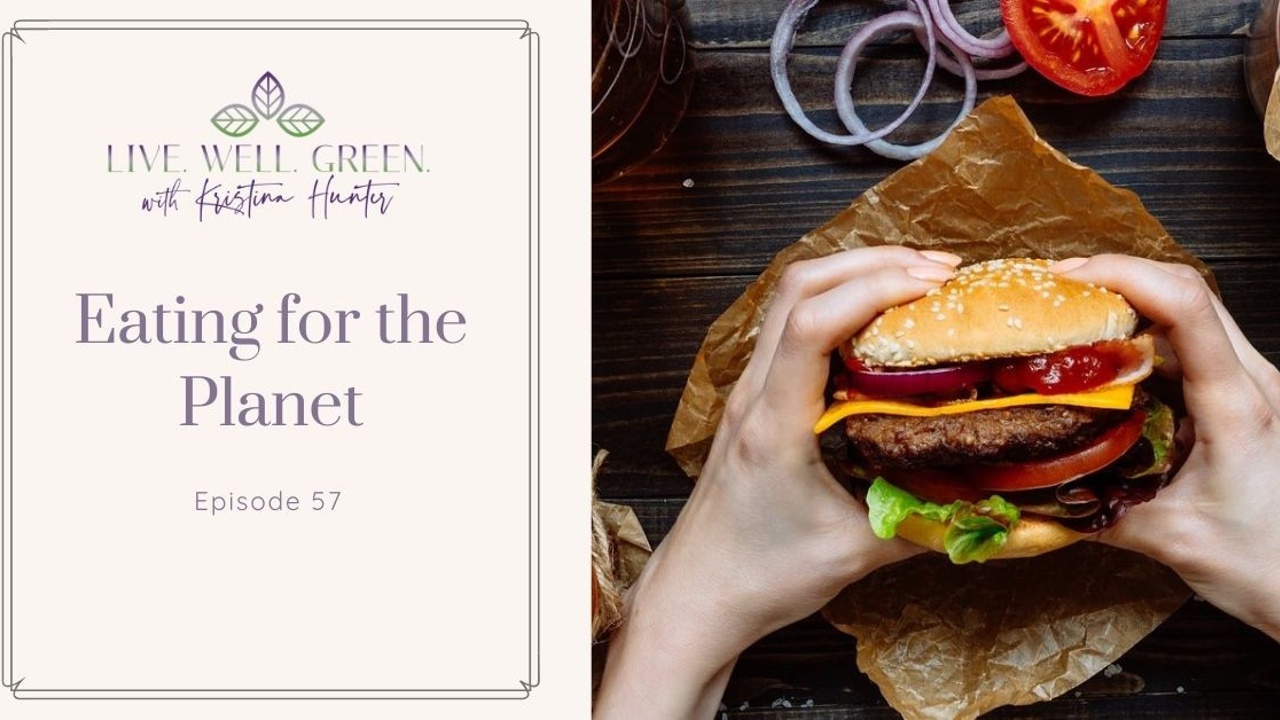Sustainable wellbeing and green living
Let's find ways to Flourish!
Preserving the Harvest
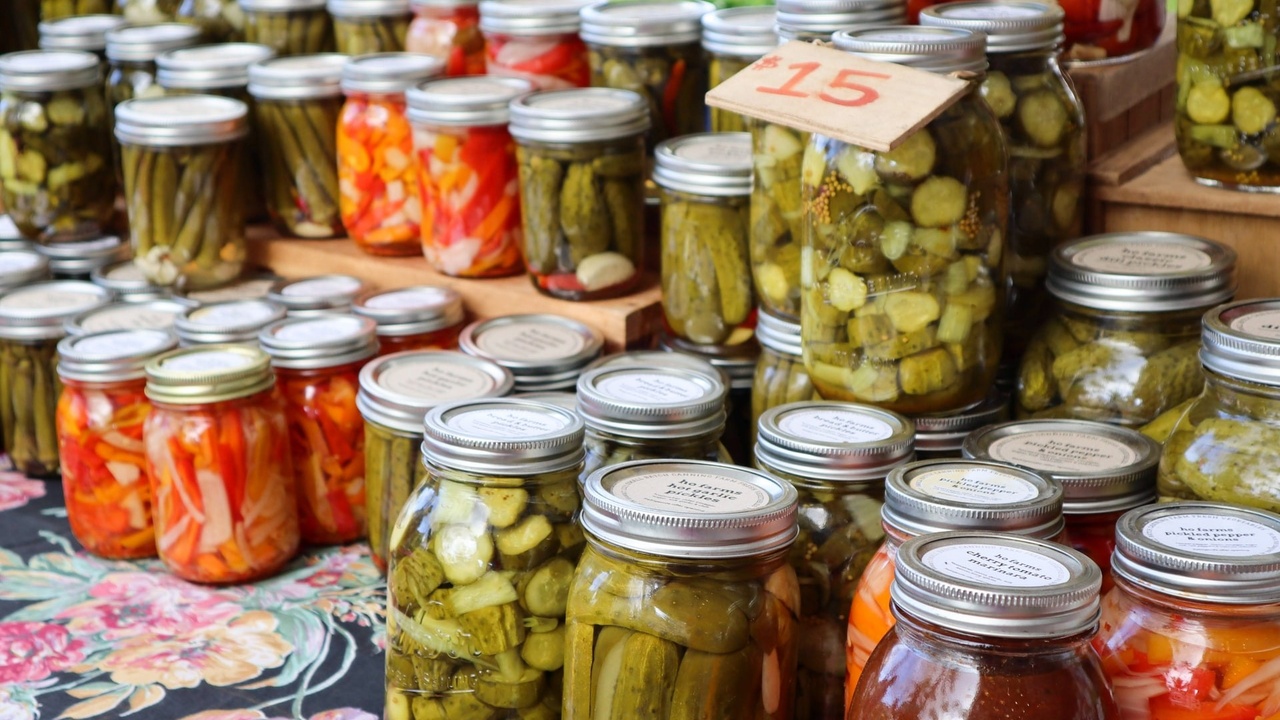
As much as I hate to admit it, I am just not that great a gardener. Sure, I grow herbs and tomatoes every year and love to harvest my grapes, beyond that I don't have a great deal of interest in gardening. And yet, I do love to put away fresh produce to enjoy in the winter months!
Yes, it can be sad to see the summer go, but there is plenty to be excited about as we transition into a new season!
There’s nothing like enjoying fresh and delicious produce that has been grown locally. Bonus points if you grew it yourself – it’s always a good feeling when your hard work in the garden pays off.

You might be wondering “what’s so good about local produce?” Well, locally grown produce is good for the planet, the local economy, and your taste buds. If you’re interested in learning more about why you should be eating local produce or how you can access it – check out these articles on farmer’s markets, community supported agriculture, and community gardens.
The only downside of local prod...
Soil to Silk with Madhulika Choudhary
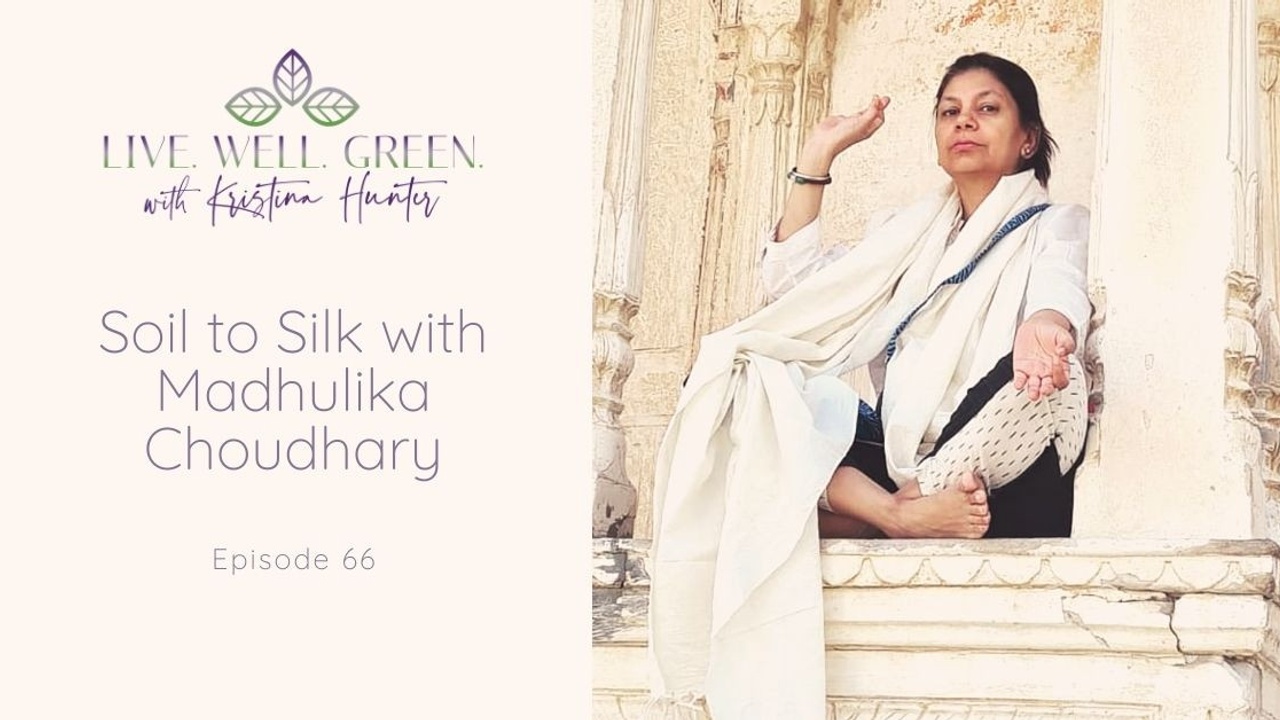
I had the pleasure of chatting with Madhulika Choudhary who has become a slow silk producer in rural India after inheriting a plot of land from her father. She had fond memories of spending time in the village where her family is from, with its local pond full of fish and children playing.
But when she returned 20 years later, the pond was no longer thriving. Western agricultural practices had taken over, including the pressure to use chemical pesticides and fertilizers. These new advances left the producer with high input costs as they produce non-traditional crops, but it also meant the loss of fish and wildlife as chemicals ran off into the nearby waterway.
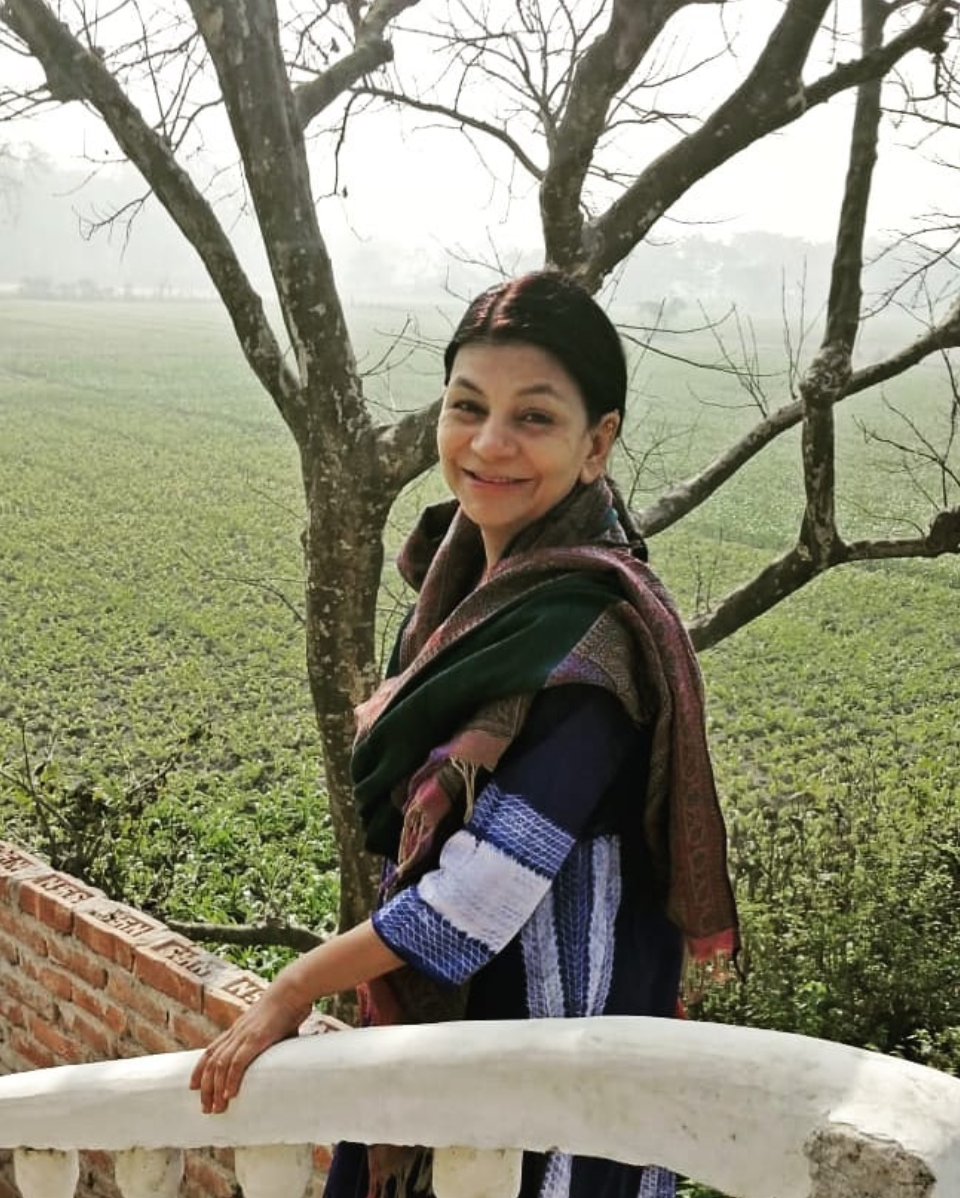
The mulberry crop to be fed to the worms is organically grown, Madhulika Choudhary.
Madhulika had plenty of experience working in underserved communities and knew a little about the textile industry, so she took the opportunity to bring a traditional practice of Sericulture, or silk farming to her family's historica...
Why Fairtrade Matters

Fairtrade is a certification that you have likely already encountered. But you may not have considered why the designation is important and how it makes a difference. Although you may be aware that buying Fairtrade items is a good thing to do, as it has positive impacts on people as well as the environment, do you know why Fairtrade is important?
How does Fairtrade work?
Fairtrade is a certification, given by the non-profit association Fairtrade International, that ensures better prices, decent working conditions, and fair terms of trade for farmers and workers that grow the produce and make the products that we all depend on. When you buy an item that is Fairtrade, it means that the ingredients or the product itself was produced by small-scale farmer organizations or plantations that meet Fairtrade social, economic, and environmental standards.
Fairtrade standards are the requirements that the producers and businesses that buy their goods have to follow. These standards are develop...
Climate Cuisine
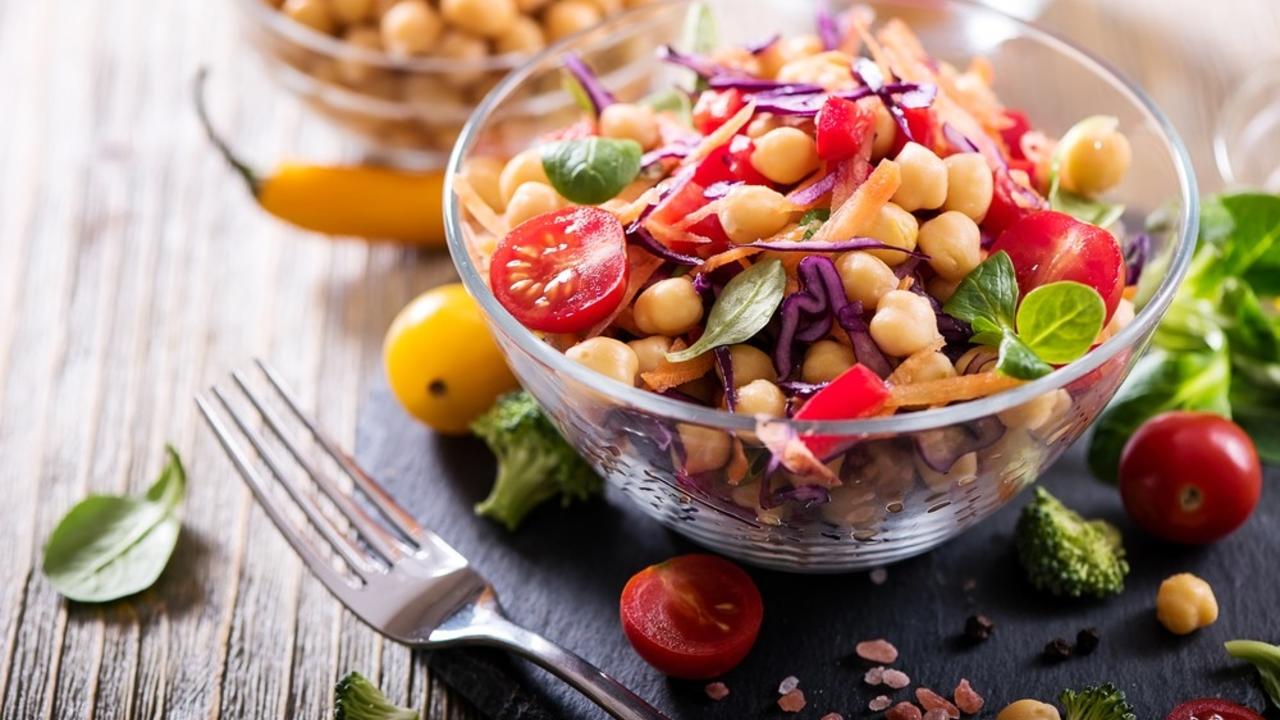
When you’re picking up food at the grocery store or farmer’s market, what influences your decisions about what food to buy? Some considerations you may be taking into account include the price, availability, taste, as well as environmental impact of the food item in question. As our climate continues to change, it is important to consider how our food choices impact the environment.
Environmental Impacts
Although something as small as choosing what to eat for dinner doesn’t seem like it would have a large impact, food is responsible for 26% of greenhouse gas emissions. There are four key elements that contribute to food emissions:
- Land use: significant amounts of land are required in order to grow crops and keep livestock. Agricultural land often displaces forests and grasslands, therefore resulting in loss of habitats and increased emissions.
- Crop production: the use of fertilizers, pesticides, and machinery emissions, and methane emissions from livestock contribute to the overa ...
Farm-to-Table

When you sit down for a meal, are you able to identify where each food item on your plate came from? Do you know the food’s country of origin, the location of the farm from which it was grown, or the names of the farmers who grew it? For most of us the answer is generally, “no”. As consumers we have become more and more detached from the food we consume, and we generally have no idea where our food actually comes from.
Our relationship to food
When walking into a grocery store or having your food served to you at a restaurant, it may seem like the produce and food products have arrived there by magic. Of course, people know that the food presented before them has been grown by farmers, processed, packaged, and delivered to stores, but there is often a severe lack of understanding about the agricultural process. Details about how the food was grown, who grew it, and how it was harvested are often unknown by us, the consumers, and contributes to the disconnect between people and the fo...

